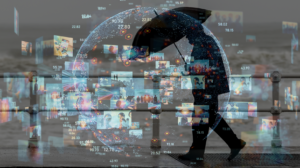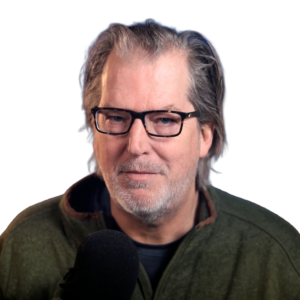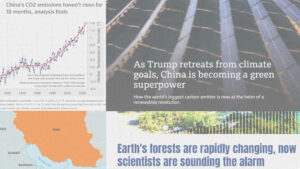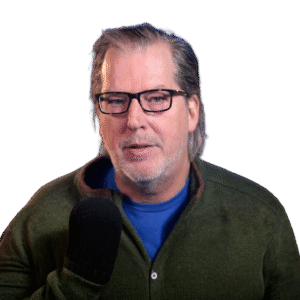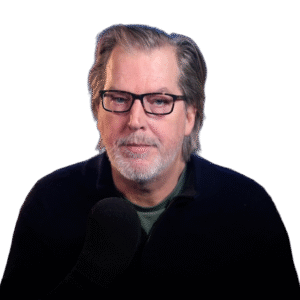
Description
On this Frankly, Nate unpacks his thoughts on the escalating situation between Russia and Ukraine. US and NATO have been cautiously supporting Ukraine, but increasingly crossing more and more lines that had been previously ‘out of bounds’. With the upcoming Defender 23 military exercise on June 12th, NATO is increasingly pushing the boundary of how far it is willing to engage in this conflict. How is the current narrative being put forth by the US Government and media obscuring the public concern towards the risks of World War III and nuclear exchange? How high is the risk of a nuclear first strike – and what are the chances of further escalation after that? What would this mean for humans and the biosphere? In the larger picture of the existence of complex life on Earth, does it really matter who is right?
In French, we have a motto that says that a simple drawing is often better than a long explanation. Jean-Marc Jancovici Carbone 4 President
That’s very understandable because with left atmosphere thinking, one of the problems is that you see everything as a series of problems that must have solutions. Iain McGilchrist Neuroscientist and Philosopher
We can’t have hundreds and hundreds of real relationships that are healthy because that requires time and effort and full attention and awareness of being in real relationship and conversation with the other human. Nate Hagens Director of ISEOF
This is the crux of the whole problem. Individual parts of nature are more valuable than the biocomplexity of nature. Thomas Crowther Founder Restor
Show Notes & Links to Learn More
00:30 – Ukraine/Russia Events
01:32 – 1992 USSR Collapse, Maidan Revolution, Crimea, Minsk Agreements
02:58 – Neo-classical Economics
03:58 – Vietnam War Narrative, Colin Powell
04:01 – Taken by Storm: The Media, Public Opinion, and US Foreign Policy in the Gulf War and Feet to the Fire: The Media after 9/11
04:55 – Current US narrative around the Ukraine/Russia war
05:15 – Jeffery Sachs
05:34 – Media reporting Russia on verge of collapse and failing military
05:55 – Russia 50 year old tanks and ammunition – using them as mobile artillery units
06:47 – Hiroshima and Nagasaki
07:12 – Stanislav Petrov and Vasily Arkhipov
07:31 – Risk Homeostasis
08:03 – Defender 23
08:50 – Any nuclear exchange is likely to become strategic
08:57 – Chuck Watson TGS Episode parts 1 and 2
09:11 – Environmental effects of a nuclear exchange
09:35 – The Day After
09:52 – 13k Nuclear Warheads
09:58 – Lindsey Graham
10:54 – Russia is responsible for ¼ of natural gas exports (analysis by ISEOF), and Russia and Ukraine provide >¼ of global grain exports
11:35 – Atlantic Article
11:42 – RAND Article
12:13 – Nikolai Patrushev

